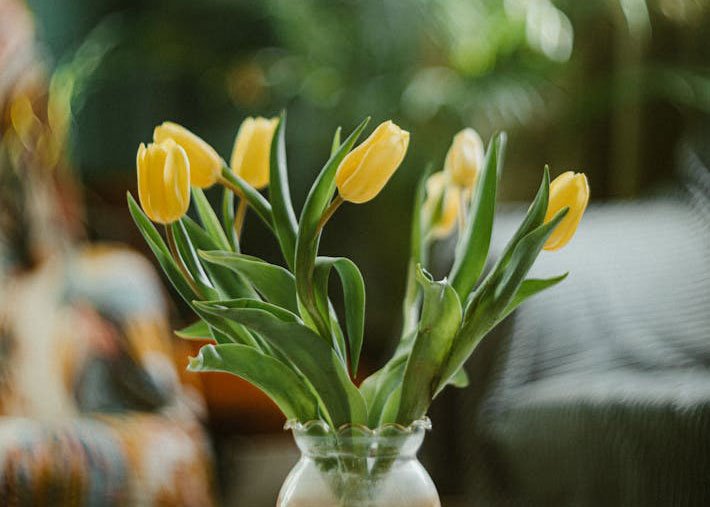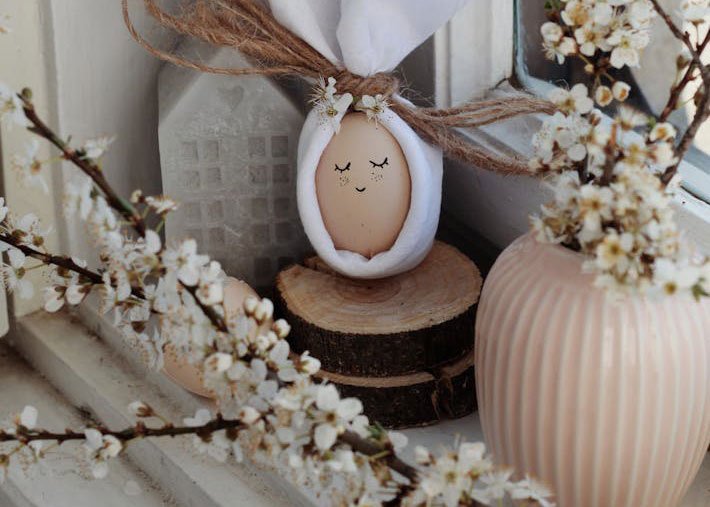I might be biased, yes, but neutral third parties seem to agree. In fact, when we all walk around in public, strangers quite often stop to tell us that we have a “beautiful family.” Correction: They quite often stop to tell my partner that we have a “beautiful family,” as though his sperm deserve more credit than my eggs.
I imagine part of the reason our family turn heads is that we’re multiracial — I’m white, my partner is Black, an d my children, in their words, are peanut butter. Not only is there an “exotic” factor, but studies have shown that mixed-race people, like my children, are generally perceived as more attractive.
Still, these studies don’t explain why far more people comment on my daughter’s beauty than my son’s. Sure, some people said he was a beautiful baby — that is, after he shed the grumpy grandpa look he was born with — and throughout his ensuing seven years, people here and there have told him he’s a “handsome young man.”

But people tell my 10-year-old daughter, or tell me in front of my 10-year-old daughter, that she’s beautiful all the friggin’ time. I know these people mean well. With one notable exception, they are not creepy older men with sinister intentions — in fact, many of them are women. It’s possible that most of them are women.
If I’m being honest, my gut reaction to these comments is pride — as though birthing and raising a beautiful daughter is an accomplishment in its own right. If the comment is directed at me, I sometimes say, “Thank you,” because I am used to thanking people when they pay me a compliment.
Most of those who have succeeded in life can trace their success back to the essential education they obtained from parents, teachers and/ or friends.
T-Ralph Olaniyi
Then I feel disgusted with myself and disgusted with a society in which the value of female beauty is so deeply ingrained that even feminists, like me, still experience a Pavlovian reaction of pride when someone tells them that their daughter is beautiful.
I try to recover by quickly interjecting, “She loves drawing, especially portraits,” or, “You should see how fast she runs.”



Still, I have to wonder, would my daughter value her beauty so much if adults around her had never praised her for it?
Last spring, when she braided half her hair and dyed the other half bright red, people paid her many compliments. I didn’t mind those. There’s nothing wrong with complimenting a hairstyle, an accessory, a unique pair of shoes.
But a young girl hasn’t selected or accomplished her beauty. It simply is. It may serve her in life, but it may also be her curse. It may burden her with male attention before she knows how to effectively cope with it. It may lead her to place too much stock in her appearance, not enough in her true strengths. It may leave her feeling empty when her highly prized youth fades.











